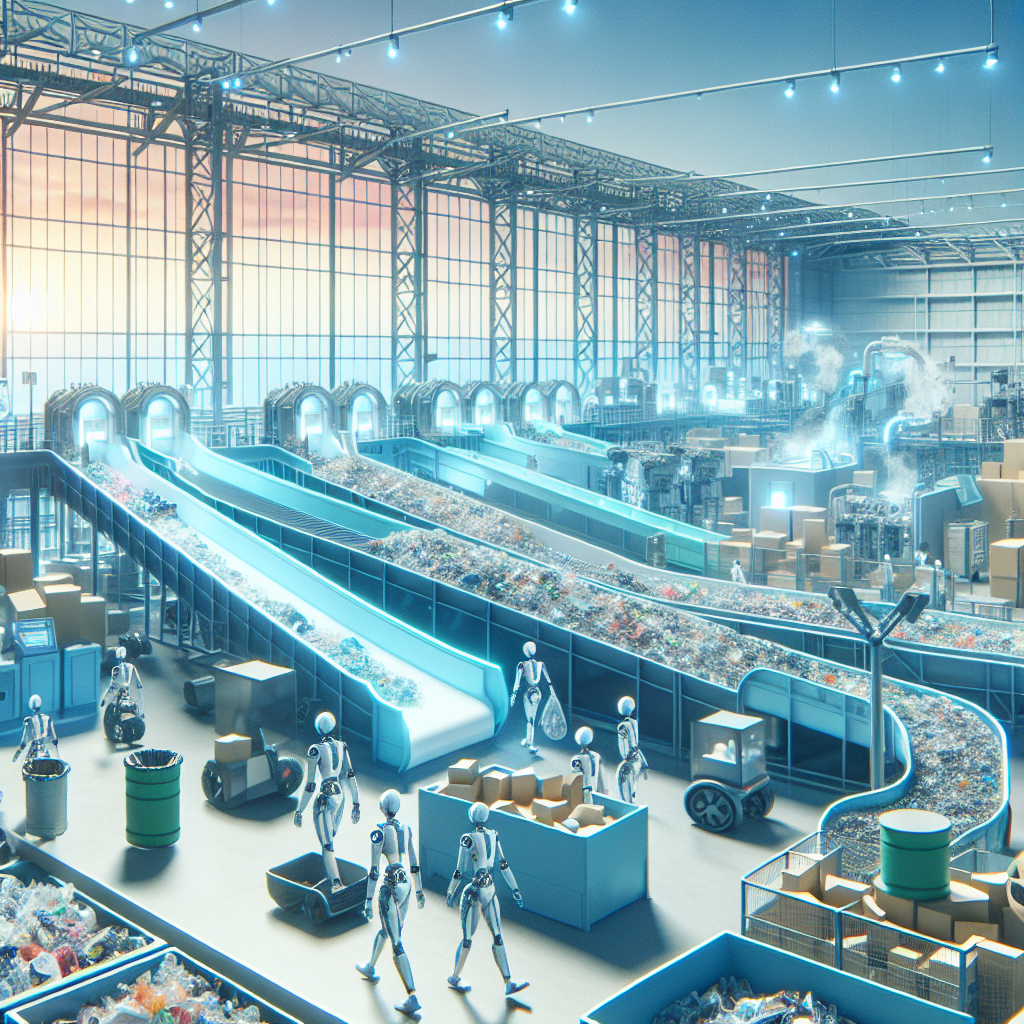“`html
Welcome to the Future: AI in Waste Management
Hey there! 👋 Are you curious about how artificial intelligence is transforming waste management? You’re not alone! As sustainability and smart technology become more intertwined, AI is playing a leading role in revolutionizing the way we manage our waste. Let’s dive into the most common questions about this futuristic collaboration and uncover how it is shaping greener and cleaner communities.
What is AI’s role in waste management?
AI technologies are like the brains behind modern waste management systems. Think of them as smart assistants that help in sorting, recycling, and even tracking waste to ensure we’re managing it efficiently. From autonomous waste-sorting robots to predictive analytics that foresee landfill needs, AI is enhancing efficiency like never before.
How does AI improve waste sorting?
AI-powered sorting systems use sensors and cameras coupled with machine learning algorithms to identify different types of waste. These systems can accurately separate materials such as plastics, metals, and paper faster and more efficiently than human hands. Imagine a robot arm that swiftly picks up a plastic bottle from a conveyor belt and places it in the right recycling bin. Cool, right?
What are the benefits of using AI in waste management?
There are several advantages of integrating AI into waste management systems:
- Increased Efficiency: AI systems process tons of waste rapidly and with minimal errors compared to manual sorting.
- Cost-Effective: By automating processes, AI helps reduce labor costs and optimize resource allocation.
- Better Recycling Rates: Accurate sorting improves recycling outputs, reducing the volume of non-recyclable waste.
- Data-Driven Insights: AI offers valuable data that can be used to improve waste management strategies and policies.
Are there any challenges involved?
Even with all its benefits, implementing AI in waste management comes with its own set of challenges:
- High Initial Costs: Setting up AI-based systems can require significant initial investment.
- Technology Maintenance: These systems need regular updates and maintenance to ensure they function optimally.
- Data Security: Handling large amounts of data necessitates careful management to protect privacy and confidentiality.
How is AI shaping the future of sustainability?
By optimizing waste management, AI not only promotes efficient recycling but also supports broader environmental sustainability goals. It encourages companies and communities to become more eco-friendly, helps with waste reduction, and even influences smarter consumer behaviors towards sustainable practices.
In conclusion, AI is truly a game-changer in waste management, offering remarkable solutions to some of the biggest environmental challenges we face today. It’s a perfect example of how technology, when used responsibly, helps us pave a path towards a cleaner, greener future. Let’s embrace these innovations for a better tomorrow!
Got any more questions or thoughts about AI’s role in waste management? Feel free to share your views below!
“`
